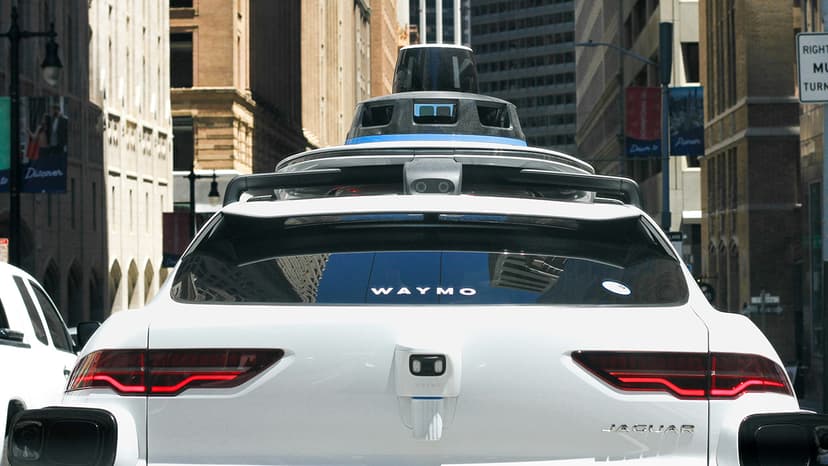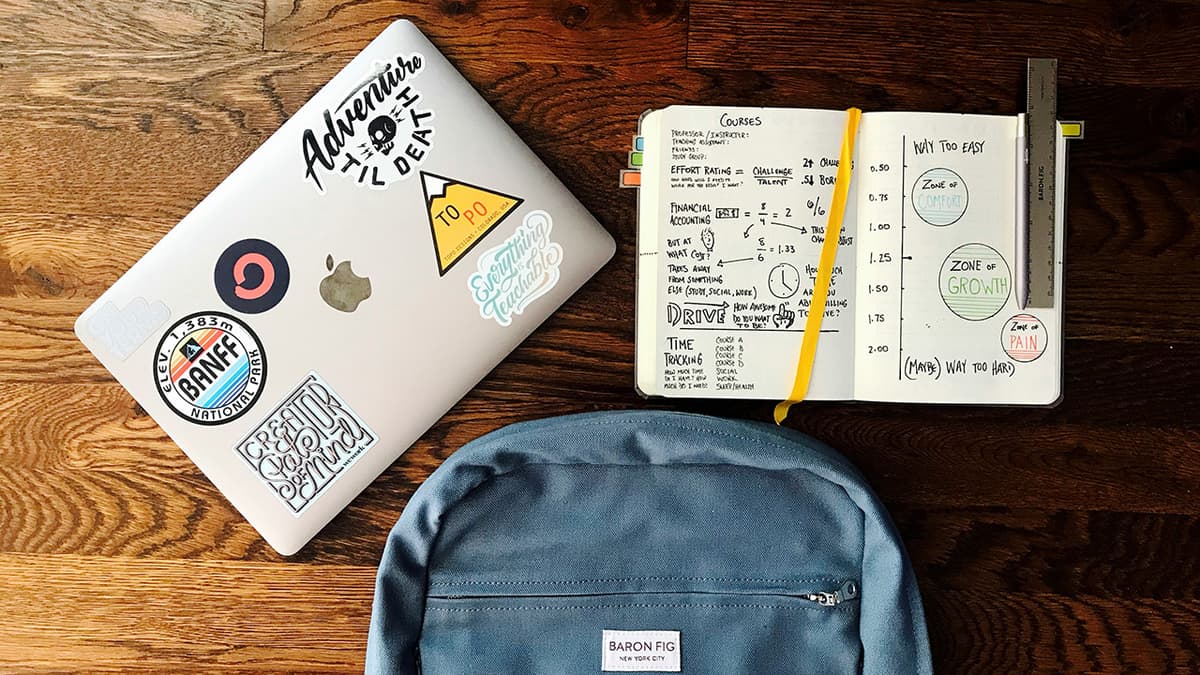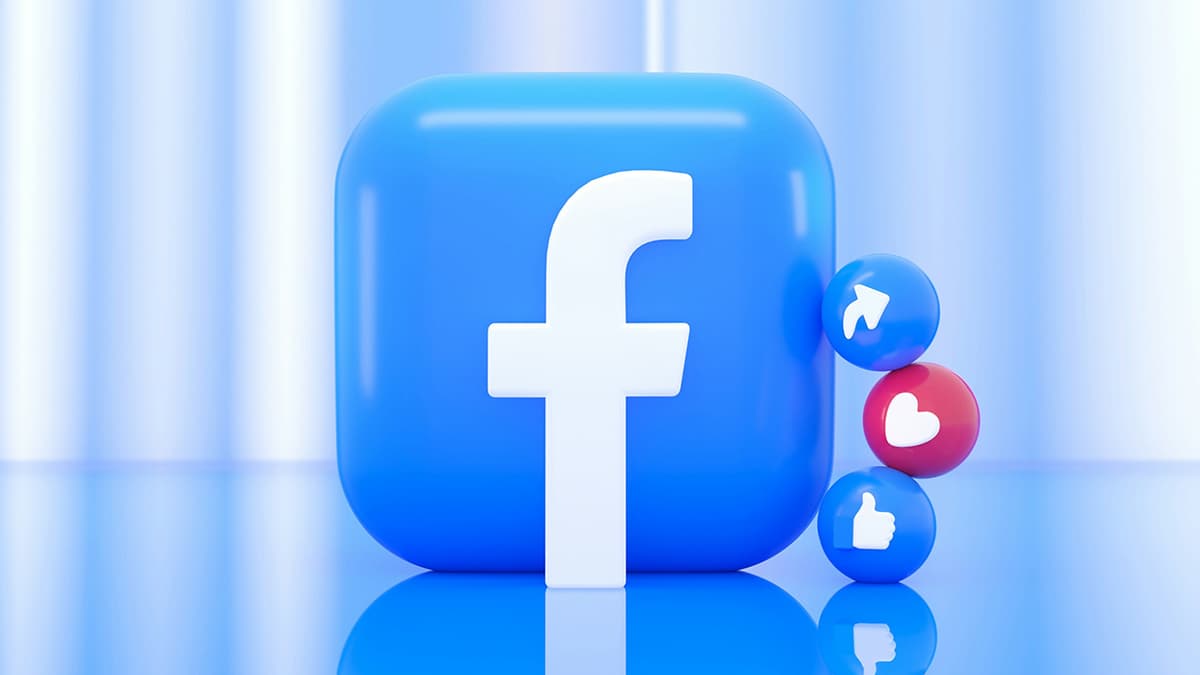The Looming TikTok Ban: What You Need to Know
As the deadline of January 19 approaches, the future of TikTok, a social media platform with 170 million users in the United States, hangs in the balance. The U.S. government's push for TikTok's sale or ban has ignited a fierce debate over national security, data privacy, and free speech.
Why is TikTok Facing a Ban?
The primary concern driving the potential ban is TikTok's ownership by ByteDance, a Chinese tech company. U.S. officials and lawmakers have long expressed fears that the Chinese government could access sensitive user data through TikTok, including location services and viewing habits. This concern is rooted in Chinese laws that allow the government to secretly demand data from Chinese companies and citizens for intelligence-gathering operations.
The algorithm that powers TikTok's content recommendations is another point of contention. There is a worry that Chinese authorities could manipulate this algorithm to spread misinformation or influence public opinion in ways that are difficult to detect. Despite TikTok's denials and efforts to distance itself from its parent company, these concerns have persisted.
The Legislative and Judicial Process
In April 2024, President Joe Biden signed the Protecting Americans from Foreign Adversary Controlled Applications Act, which mandated that TikTok must be sold to a U.S.-based company by January 19, 2025. When TikTok attempted to overturn this law in December 2024, citing First Amendment violations, a panel of three federal judges unanimously rejected the challenge.
The Supreme Court has also been involved, hearing arguments on the constitutionality of the ban. During these hearings, Chief Justice John Roberts and other justices expressed significant concerns about the national security implications of TikTok's ties to China. Only Justice Neil Gorsuch seemed inclined to side with TikTok, arguing that a warning about potential content manipulation by the Chinese government could suffice, but this view was not widely shared among the justices.
What Happens if the Ban Takes Effect?
If the ban is enforced, app stores operated by Apple and Google will remove TikTok, making it unavailable for download. Users who have already downloaded the app will still see it on their phones, but the app will not receive updates. This lack of updates will eventually render the app virtually unusable as bugs remain unpatched and the program collapses.
The federal government has also warned that if app stores continue to distribute or update TikTok, they could face significant fines and civil penalties. Each infraction could cost companies \$5,000 for each user who continues to access TikTok through their app stores.
Impact on Users and Content Creators
The ban would have a profound impact on the 170 million U.S. users of TikTok, many of whom rely on the platform for entertainment, social interaction, and in some cases, their livelihoods. Content creators, who have built significant followings and businesses on TikTok, would see their platforms for expression and income severely curtailed.
Digital rights activists are also voicing concerns that the ban undermines the U.S.'s role in promoting an internet free from over-regulation by government agencies. They argue that such measures could set a dangerous precedent for the suppression of free speech online.
Alternative Solutions and Delay
In a last-minute development, President-elect Donald Trump has considered enacting an executive order to suspend the ban for 60 to 90 days. This would give the new administration time to negotiate a sale or find an alternative solution to address the national security concerns without completely banning the app. However, this move would need to happen quickly, as the ban is set to go into effect just one day before Trump's inauguration.
User Reactions and Alternative Apps
As the ban looms, some users have begun exploring alternative social media platforms. Apps like Lemon8, also owned by ByteDance, and Xiaohongshu (Little Red Book), a Chinese social media app that combines e-commerce and short-form videos, have gained attention as potential substitutes for TikTok.
The prospect of losing TikTok has sparked a mix of emotions among its users, from frustration and disappointment to a sense of urgency in finding new platforms to express themselves and connect with others.
The looming TikTok ban is a complex issue that intertwines national security, data privacy, and free speech. As the deadline approaches, the future of TikTok in the United States remains uncertain. Users, content creators, and the broader public will be watching closely as the legal and political battles unfold, hoping for a resolution that balances security concerns with the principles of free expression.












